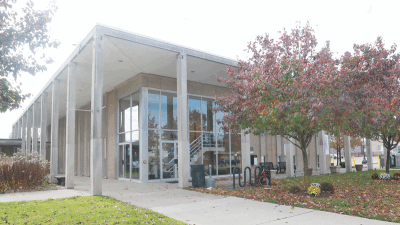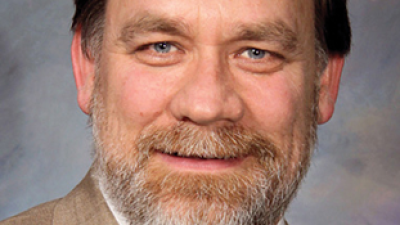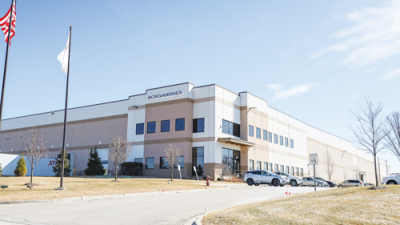FERNDALE — The city of Ferndale is looking at the possibility of bringing forth a millage to residents this November.
At its March 11 meeting, the City Council received a report from its Resident Finance Committee, which gave a recommendation that Ferndale should propose a ballot initiative regarding a millage for the November election.
Because the city’s voted city operating millage, known as the “Headlee override,” was set to expire on Dec. 31, 2025, the committee’s report stated that it was established to study how a renewal or nonrenewal of this millage could impact current staffing and service levels, how a renewal or nonrenewal could impact progress toward the recommendations from the 2022 resident-led facilities task force and potential alternatives for Ferndale to explore to reduce its dependence on Headlee overrides in the future.
Quinn Zeagler, chair of the committee, detailed the report to the council and laid out several scenarios of what Ferndale could do and the potential results of those actions.
In a scenario where there is no renewal of the Headlee override, the total operating mills would be at 11.64 mills, a reduction of the current Headlee override of 4.36 mills.
“The property tax bills would go down slightly and services would be decreased, eliminated or outsourced in ways that result in less local control, like our Animal Control Department, and if additional funding is secured at a later date after cuts have already been made, the damage will be hard to undo,” Zeagler said. “The quality of life here in Ferndale would be dramatically reduced. So scenario one is a disinvestment scenario, and I want to transition us to looking at scenarios that maintain or improve services here.”
Scenario two would be a renewal of the millage at the current rates. With the inclusion of the Headlee override, the total operating mills would be at almost 16 mills.
“Property taxes and city services would remain about the same in the short term due to the limit in annual property tax growth, as well as other inflationary pressures,” said Zeagler. “Cuts would be needed in the near future. There would be no significant capital investment in our buildings and no new or expanded services.”
Scenario three was the option the committee recommended to council, where the city’s operating millage would be reset through a charter millage, increasing the mills from 11.6 to 20 mills.
“If City Council and voters opt to approve the charter millage, residents would see a small increase in our property tax bill,” Zeagler said. “Sixty-three percent of residents would see an increase of less than $300 per year or about $25 per month, and for some the increase would be less than $100. All told, 90% of residents would see an increase of less than $500 per year or about $42 per month.”
Zeagler also said it was the committee’s understanding that this scenario would enable funding some of the priorities from Ferndale’s strategic plan, such as a new recreation center, combined Public Safety headquarters, a police co-responder program, and monthly and annual financial reporting for residents to improve transparency.
A police co-responder program, as described to the Woodward Talk by City Manager Joe Gacioch, is a mental health response team Ferndale would partner with from the Oakland County Health Network that would bring in licensed mental health specialists to scenes where police are responding to a mental-health-related call.
“Scenario three could also enable better maintenance of our buildings,” she said. “We heard after the facility’s task force report that some residents said Ferndale should have maintained these buildings better, and yeah, we should have, but we cannot change the past. We can only make better decisions moving forward, and if we’re going to make better decisions, we have to fund better decisions.”
The council only accepted the report from the committee and no decision was made during the meeting on what path it will move forward with. Gacioch told the Talk that a decision is expected to be made by council by the first meeting in May.
“Thank you for all of the work that you all have done,” Mayor Raylon Leaks-May said to the committee during the meeting. “I recognize how much work went into this and this is, as stated, is very clear, very concise, and I can’t wait for the community members to be able to read this. I’m happy that they’re going to be able to have a firm understanding of what we’re up against and be able to make a decision … should it come to the ballot in November.”
 Publication select ▼
Publication select ▼






















